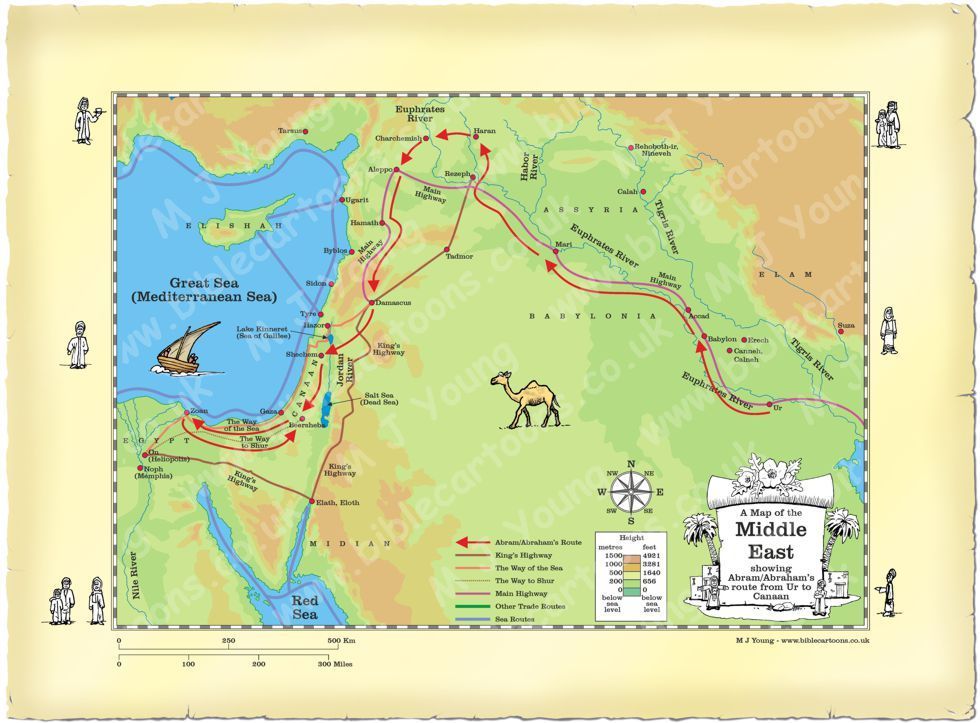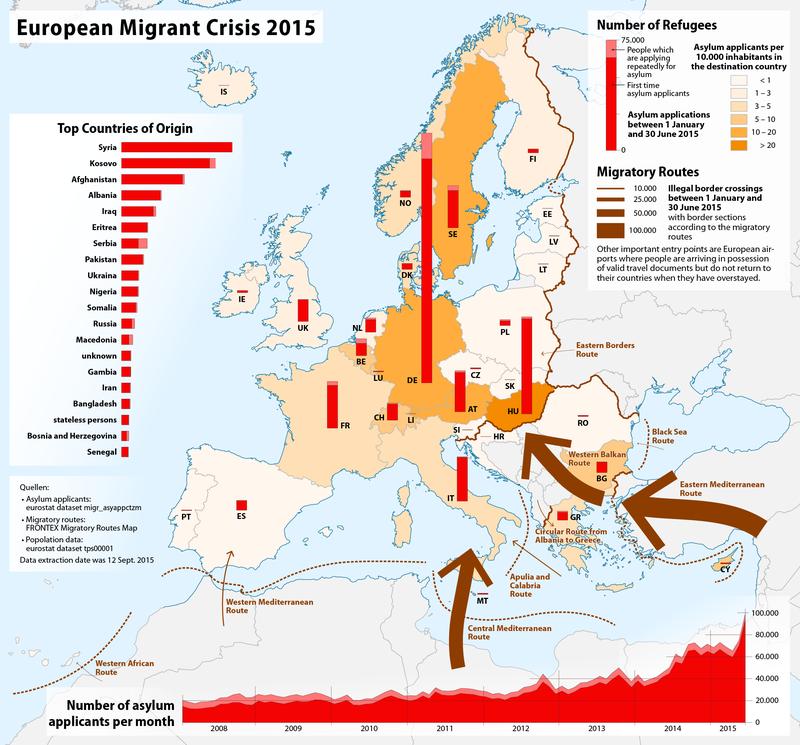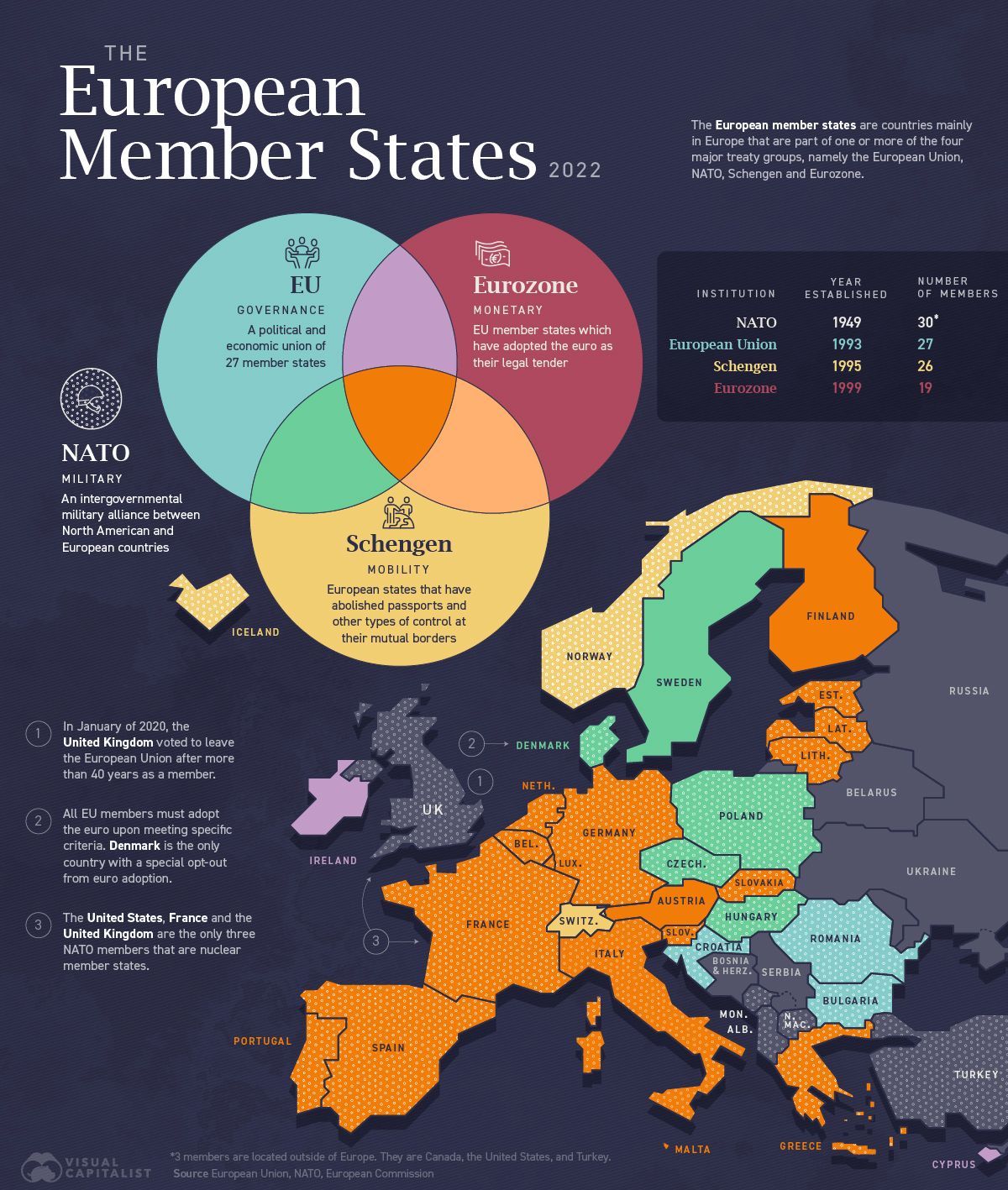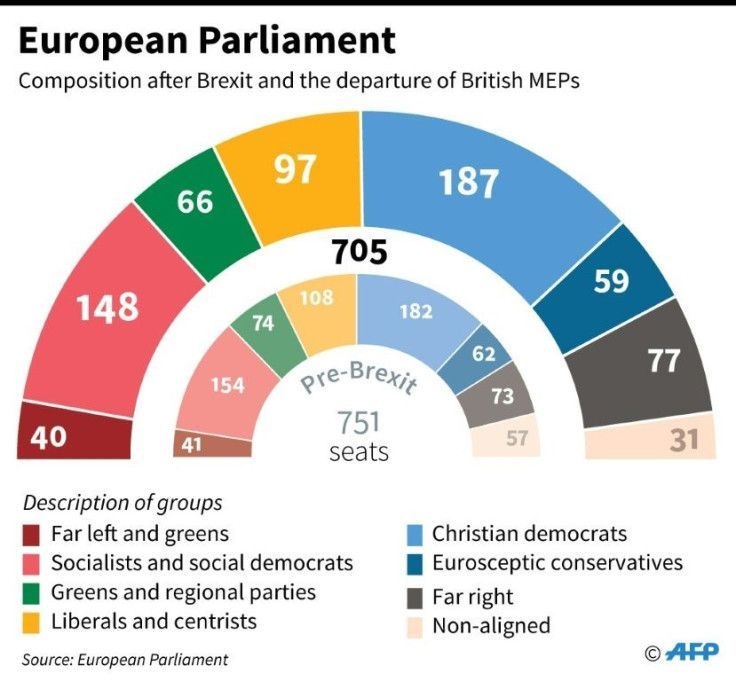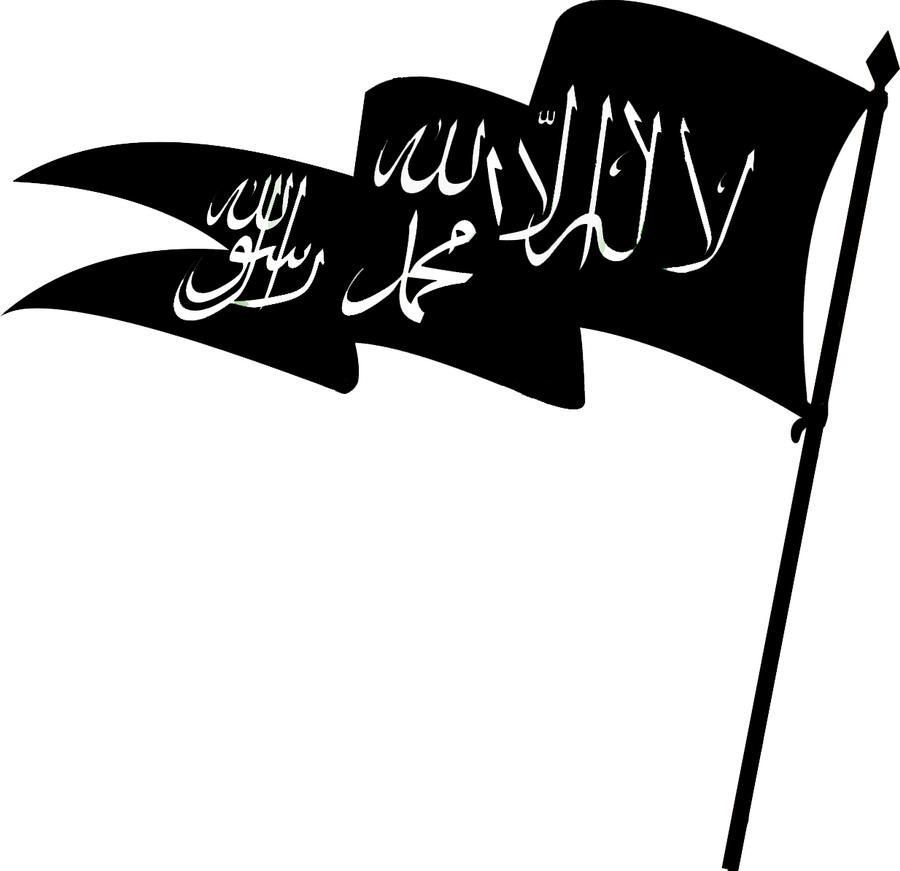Transition Ireland is a non-party organisation whose single objective is the abolition of the false state of 'Northern Ireland' and the unity of the Irish People and National Territory.
Why Ireland must prepare NOW for the assault on our land.
When I was a young man in Tyrone back in 1973, and Jack Lynch and Edward Heath had signed Ireland and Britain into 'Common Market' (EEC), we were suspicious and wary of it for several reasons:
1. we worried that Ireland was signing away our status as a republic for which we had fought for so long, and this could compromise our celebrated Neutrality;
2. we were most concerned with the phrase 'Ever Closer Union' which was contained in the Preamble to the 1957 Treaty of Rome and reiterated in later treaties such as Maastrict (1992).
3. the possible creation of an EEC/EU army and what that would mean for our relationship with NATO (of which we [Ireland] were not, and currently are not, a member) but of which Britain, and therefore 'Northern Ireland' is a member.
There is no doubt that we were 'insular' in our views to some extent (we could hardly be other, living as we did on the scrag-end of Europe), and while we recognised the purpose and good intentions of the Treaty of Rome to prevent further conflicts in Europe like WW2, we didn't want to be swallowed up by a 'European super-state'.
-------------
So, what's happening now (2023)? Why is this Blog entitled 'The Splintering of Schengen'?
First, What is Schengen'?
The Schengen Agreement* is a treaty which led to the creation of Europe's Schengen Area, in which internal border checks have largely been abolished.
It was signed on 14 June 1985, near the town of Schengen, Luxembourg, by five of the ten member states of the then European Economic Community. It proposed measures intended to gradually abolish border checks at the signatories' common borders, including reduced-speed vehicle checks which allowed vehicles to cross borders without stopping, allowing residents in border areas freedom to cross borders away from fixed checkpoints, and the harmonisation of visa policies.
In 1990, the Agreement was supplemented by the Schengen Convention which proposed the complete abolition of systematic internal border controls and a common visa policy. The Schengen Area operates very much like a single state for international travel purposes with external border controls for travellers entering and exiting the area, and common visas, but with no internal border controls. It currently consists of 27 European countries covering a population of over 400 million people and an area of 4,312,099 square kilometres (1,664,911 sq mi).
Originally, the Schengen treaties and the rules adopted under them operated independently from the European Union. However, in 1999 they were incorporated into European Union law by the Amsterdam Treaty, while providing opt-outs for the only two EU member states that had remained outside the Area: Ireland and the United Kingdom (which subsequently withdrew from the EU in 2020).
Schengen is now a core part of EU law, and all EU member states without an opt-out which have not already joined the Schengen Area are legally obliged to do so when technical requirements have been met. Several non-EU countries are included in the area through special association agreements.
*
See https://en.wikipedia.org/wiki/Schengen_Area
-------------
This qualified-majority vote in September 2015 opened a can of worms, harking back, as it does, to our earliest reservations about 'Ever Closer Union' and a 'European Superstate' (led by Germany, inevitably).
Why was the 2015 vote considered 'deeply divisive'?
The Czech Republic, Hungary, Romania and Slovakia all voted against a mandatory quota, while Poland deserted its regional allies to side with a decision pushed by Germany and France.
The defeated four expressed resentment at what they perceive as western – and especially German – bullying. Slovakian and Czech politicians reacted with anger to a move they claim would alter the fabric of European society. Germany thanked Poland for breaking ranks with its fellow central Europeans.
Uniquely in the EU, Britain refused to join in the resettlement and had a legal exemption. Ireland and Denmark also have opt-outs, but offered to participate. ~~
~~ https://www.theguardian.com/world/2015/sep/22/eu-governments-divisive-quotas-deal-share-120000-refugees
-------------
Some commentators have claimed that proposed changes to the EU Treaties- driven by QMV - would mean some nations risk becoming 'vassals' in a German-dominated superstate.
These proposed changes include strengthening the role of the European Parliament, the establishment of a both Defence Union and an Energy Union, and limitations on the power of veto for members of the EU27, without the need for unanimity.
Poland, for example, is an EU and NATO border state and asserts that by transferring defence to the EU and creating an EU army, it would cause difficulties with NATO, adding that not being able to react quickly to the hybrid war on their borders - as Poland, the Baltic States and Finland have had to do - would weaken the EU.
Those backing the proposals argue that some the member states do not understand that, to deal with the current list of internal and external challenges, the Union needs to change as soon as possible.
-------------
Why should the island of Ireland be interested in the current machinations in Europe?
Given the febrile nature of the Irish migration debate at time of writing (December 2023), it is not difficult to see that Ireland in in the eye of this particular hurricane.
Ireland has always been a generous nation to those fleeing war and persecution. We feel deeply the need to thank those who took pity on us during An Gorta Mór - the Great Famine - of the 1840s & '50s and other calamities of our benighted country.
And there are some who would take advantage of our unquestioning inclination towards inclusion and charity.
In order to appreciate the apocalyptic (I use that word unapologetically) possibilities facing our small country, we MUST quantify the threat to us by Militant Islam. This blog should be read in conjunction with our blog 'Climate and Migration'.
Why must Ireland be ready?
If I were a warlord in Eritrea or Mali or Algeria, compliant with the strictures of Jihad and Shari’ah, and witnessing the extremes of climate change and continued Western exploitation of my countries, I would look north at the Temperate zones of Europe and consider them ripe for the plucking.
Supine governments, hamstrung by democratic obligations and conventions. Immigration policies dictated by foolish, often-deviant pressure groups. Political elites more interested in personal wealth, position and power than a realisation of the creeping menace which is about to engulf them...
A key reason Muslims choose to migrate to non Muslim ( preferably western Christian countries ) is because those countries are peaceful, well ordered, with freedom of expression and conscience, the rule of law, have good infrastructure ( roads, railways, medical services, schools etc) and a thriving economy which isn't cursed with rampant incompetence and corruption.
Muslim countries are invariably economic and social basket cases. Wherever Muslims congregate they tend to turn those areas into replicas of the places they have left. That's why Muslims are reluctant to migrate to other Muslim countries. And indeed, other Muslim countries don't want them. For example, not Egypt nor Jordan nor Syria wants Palestinians - fellow Arabs!
Ireland is a member of the United Nations, therefore the previously-stated applies - 'any Muslim-ruled state, which is a member of the United Nations, is by default in a peace agreement with all other members of the UN by way of the UN Charter. When a Muslim state enters the agreement to be a member of the UN, it actually enters a 'contract'. Islam requires Muslims to fulfill all contracts that have been agreed upon, regardless of whether the contract was signed with Muslims or non-Muslims, as defined in The Quran, 5:1, 2:177'.
Therefore, Ireland is safe, and secure from Jihadi threat...?
That's what some in Ireland would like to think. That's the line the Irish government, in its naïveté, pumps out to the population as an excuse for its inaction.
Oh dear!
Statements by Militant Muslim leaders on social media and elsewhere regularly state that the objective of jihad is to bring the whole world under Sharia law. Listen to a French Imam here.
When challenged on these statements, these leaders will often say that ordinary Muslims are peaceful, but, as in every country/religion, there are a few hotheads who go to extremes and, of course, they do not have the support of Islam.
Given the stated mandate behind The Tawheed when planted in foreign soil (see blog 'Climate and Migration'), anyone who believes that is very foolish.
It is plain that Muslims, in their quest to impose Sharia Law on the world, and given that they do not have the military resources of the West, have chosen instead to infiltrate their activists in the guise of refugees into western countries, including Ireland.
We can only work on the basis that these activists will attempt to destabilise Ireland from within, and given the most recent statements by the Irish government on migration and the definition of 'family' (the average number of family connections following a successful migrant to Ireland is TWENTY and one middle-east migrant has recently applied to bring his extended family of SEVENTY to Ireland), we must conclude that they are succeeding, and therefore Ireland - the whole island - must NOW take defensive action.
If you doubt that this is the case, take a look at what has happened to London's indigenous population in the past fifty years., and watch the British police being attacked by Africans with sticks.
We're next!
